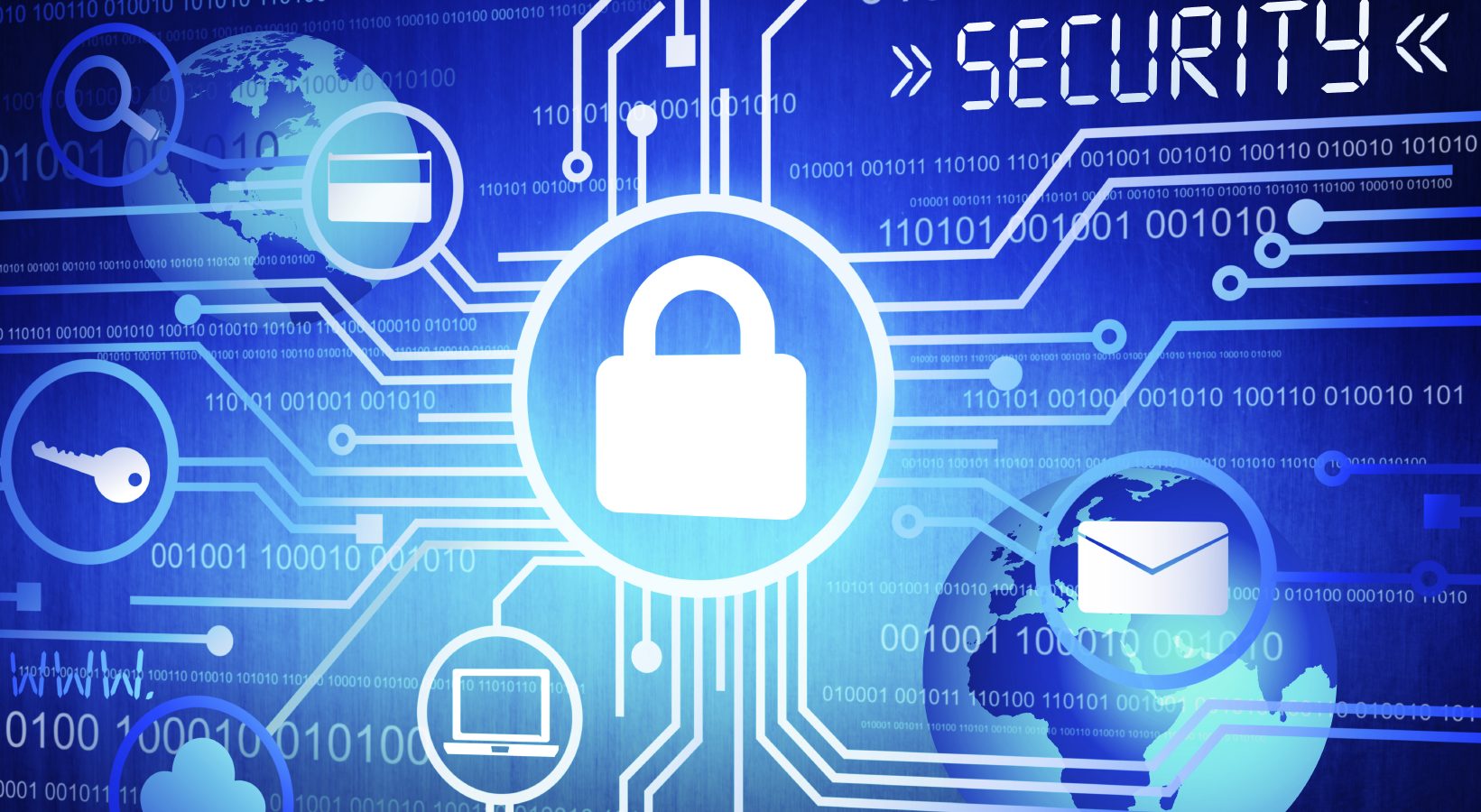![]()
Point: Information assurance is a huge priority in the 21st century because we do everything via the internet (including researching, surfing, and browsing). Computers are our virtual file cabinets so we have to make sure we safeguarded data from hackers who can do a lot of damage with our information. Below are some best practices to follow to keep your information safe.
Advice: Pay more attention to what you are clicking. Smart computer habits prevent mass network disruption.
- Beware of malware- refrain from opening messages from people you do not know. Sometimes hackers will send you message from an email account of someone you do know. The message is usually comprised of just a link or a request for money or personal information. Many the emails have simple words misspelled and a one-word subject like “hello” or “help”. Never respond and never click the link.
- Removing a malicious pop-up alert- these annoying ads have the download button disguised as the red “x” or close button. Be sure to use Ctrl/Alt/Delete and shutdown the pop-up using the Task Manager function.
- File extension you should not trust- be sure you look at the file name before you download anything, never trust program downloads with unrecognizable file extension like jpg.exe and .docx.txt.
- Protect your computer-invest in antivirus software and antispyware software to protect your computer from intrusion. Once you have the software make sure you install your updates on schedule.
- Back up your files- make it a habit to store your information in more than one place such as a cloud drives or external hard drive.
Challenge: Do you have bad internet or computer habits? Try replacing your habit with a best practice.
Crystal Francis is part of the GovLoop Featured Blogger program, where we feature blog posts by government voices from all across the country (and world!). To see more Featured Blogger posts, click here.





Leave a Reply
You must be logged in to post a comment.